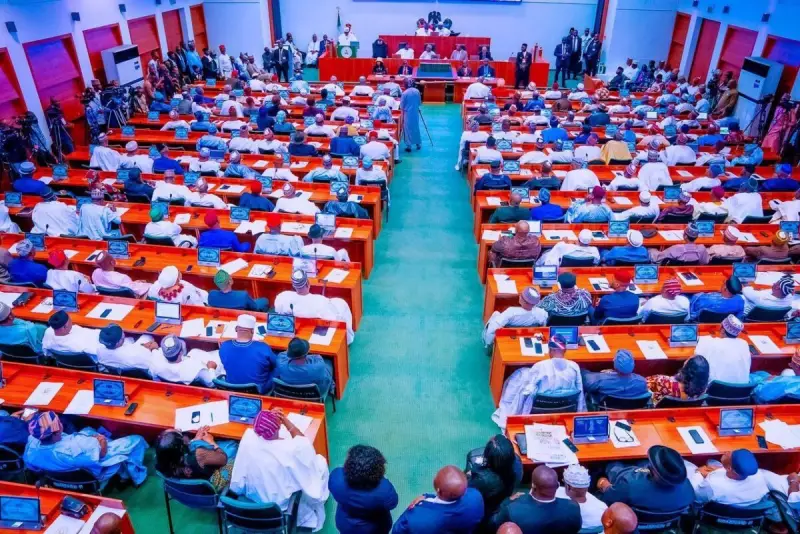
A devastating Senate investigation has uncovered that Nigeria suffered catastrophic losses exceeding $300 billion in crude oil revenues from the Niger Delta region over the past decade, painting a grim picture of systematic theft and infrastructure sabotage.
Decade of Economic Bleeding
The startling revelation emerged during a Senate joint committee session addressing the nation's mounting petroleum sector challenges. Lawmakers expressed profound alarm at the scale of financial hemorrhage occurring in Nigeria's primary revenue-generating region.
"We are talking about over $300 billion lost in the Niger Delta in the last ten years," declared Senator Mpigi Barinada, capturing the collective shock of the legislative body. This colossal figure represents one of the most significant economic drains in Nigeria's recent history.
National Security and Economic Implications
The Senate committee emphasized that this massive revenue loss transcends mere financial statistics, posing severe threats to national security and economic stability. The continuous pipeline vandalism and oil theft operations have created parallel economies while depriving the nation of essential development funds.
Committee members highlighted how these losses directly impact Nigeria's ability to fund critical infrastructure projects, social programs, and economic diversification initiatives. The missing revenues could have transformed the nation's educational system, healthcare infrastructure, and transportation networks.
Legislative Response and Solutions
In response to these alarming findings, the Senate has committed to implementing robust measures to stem the tide of oil theft. The legislative body is exploring comprehensive strategies including:
- Enhanced surveillance and monitoring technologies for pipeline networks
- Strengthened collaboration between security agencies and local communities
- Legislative reforms to tighten penalties for oil theft and pipeline vandalism
- International partnerships to track and intercept stolen crude shipments
- Community engagement programs to address root causes of participation in illegal activities
Broader Petroleum Sector Challenges
The investigation also uncovered additional critical issues plaguing Nigeria's petroleum industry, including:
- Massive subsidy regime costs burdening the national treasury
- Persistent fuel scarcity despite Nigeria's status as a major oil producer
- Inadequate refinery capacity leading to dependency on imported petroleum products
- Regulatory gaps enabling continued revenue leakages
The Senate has vowed to treat these findings with the urgency they demand, recognizing that the stability of Nigeria's entire economy hangs in the balance. The coming weeks are expected to see concrete legislative actions aimed at reclaiming Nigeria's stolen oil wealth and securing the nation's economic future.





